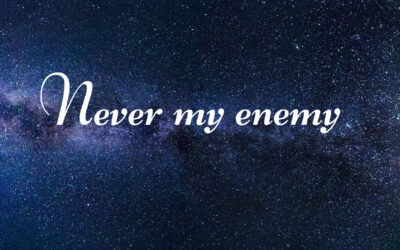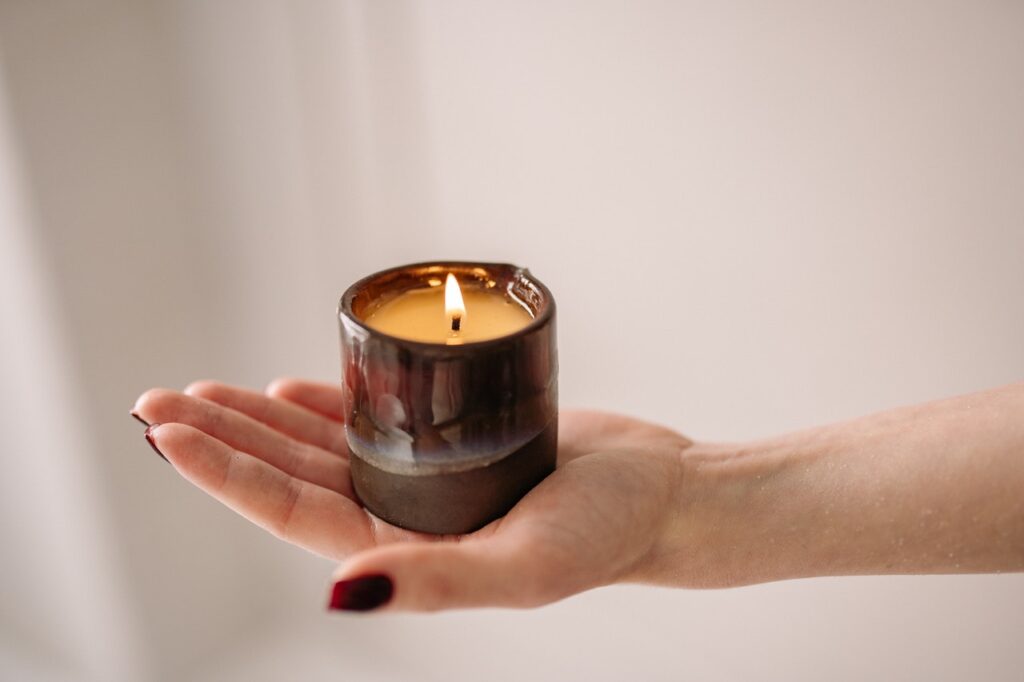A burn-out simply happens when you distance yourself from
who you truly are for too long. Let me explain…
Most of the time, when people talk about a burn-out they imply it has something to do with work, right? The World Health Organization for example defines it as :
A syndrome conceptualized as resulting from chronic workplace stress that has not been successfully managed. It is characterized by three dimensions:
- feelings of energy depletion or exhaustion;
- increased mental distance from one’s job, or feelings of negativism or cynicism related to one’s job; and
- reduced professional efficacy.
Burn-out refers specifically to phenomena in the occupational context and should not be applied to describe experiences in other areas of life.”
“A burn-out only happens at work and because of work… Wrong, simply wrong!”
Of course, there are elements of truth to this definition, but there is some bullshit to it too. I am not going to talk about the fact that the list of symptoms can be much longer and much more specific individually or that the WHO deliberately calls it a syndrome (what does this even mean?). For now, I only want to focus on the last sentence of this definition:
Burn-out refers specifically to phenomena in the occupational context and should not be applied to describe experiences in other areas of life.
In other words, a burn-out only happens at work and because of work… Wrong, simply wrong!
Of course, I realize that the largest majority of burn-out have something to do with work to some extent (mine definitely did) but it is not because work is the cause of the burn-out, it is simply because the workplace is the ideal environment to get burned-out. We can agree that environmental factors can, to some degree, play a role in the situation we are in life, but they, unfortunately, do not offer absolution for our share of responsibilities in what we go through.
Let me take a simple example to illustrate: A man in America worked in a sweet shop. After a couple of years working there and probably too much use of his employee discount, he developed diabetes type 2. He decided to sue the company based on the argument that they facilitated the development of his illness.
We can argue that his boss should have seen it coming and should have intervened, and the same goes for people getting overworked. My own sugar: all those expectations I wanted to meet; my diabetes the burn-out.
So what’s my point concerning a burn-out?
“A burn-out is your fault too”
Well firstly that your burn-out is your fault too! Believe me, taking responsibility for where I am right now definitely does not feel good :(. And to be fair I could name many reasons why companies or people are also responsible for your burn-out such as too much pressure, the “always-on” mentality, too many hours, too much responsibility, expectation, results, constant bullying etc… Unfortunately, where there are good souls willing to give, there are always leeches lurking not far away. And maybe that in your case, external factors such as your manager, your partner, or life, in general, are holding the majority of the blame of your burn-out, but we can simply not ignore your willing involvement (maybe out of fear but still willing) in the process.
I insist on this point because taking (some) ownership in the situation you are in will also guide you out of it. Your burn-out is in that perspective also the best friend you ever had. This is your wake-up call directly brought to you by your mental and physical being and put underneath the microscope of your attention. It is really difficult to conceptualize but THE MOMENT where everything is falling apart, this moment when you simply cannot do anything any more is probably the most healthy reaction you had in months or even years.
Secondly, that the workplace is only a privileged environment for a burnout, but not the root of the problem. In other words, it could happen in other areas of your life.
“People get a burn-out because they are too nice or too insecure maybe”
So why do some people are burn-out when others will never be? Because they are too nice or too insecure, maybe! Because they are helpers, because they put the well-being of others before their own, because they work hard, because they want to be loved and recognized, because they are sensitive, because they sickly feel responsible for everything… or because all those great qualities make them on the long term forget who they are. It brings us back to the title of this article: A burn-out simply happens when you distance yourself from who you truly are for too long.
The nice person you are comes as much from your genetic heritage, your education and experiences through life. Nature and nurture thus and there is nothing wrong with being nice except when it, at one point, fully overshadows your own needs. This is when your body and mind start resisting. It feels like you want to go in two opposite directions at once. Impossible and dead tiring. This is also the first explication for the exhaustion that will follow.
Thirdly, A burn-out does not come from too much of something.
In this concept of resistance lies another essential aspect of a burn-out, namely that a burn-out does not essentially come from too much of something (work, family, social, activities). It only contributes to a burn-out when you slowly but surely are resisting or resenting what you are doing.
Let’s say that you are a caring mother and wife, for example (no prejudice here). You would do anything for your husband or your kids. A clean house, nice meals, good education, transportation, …. You would probably argue that is your nature right… just as well as being a hard worker, loyal and perfectionist employee. But what about all those moments you feel, you are being abused or just not considered enough? What about the time you realized you are in fact confronted by the expectations you created yourself and that people take your 100% or 200% dedication for granted. Well, that’s when you start being consumed from the inside. This destructing process probably started long ago, when you started forgetting to listen to your inner voice.
Therefore, as long as your actions are aligned with your convictions, principles and needs, “too much” won’t happen that fast. This is the reason why more egocentric people (yes it is also a quality) are much less prone to a burn-out than for example empathic people. This has nothing to do with the amount of work they each deliver.
To summarize, a burnout is not linked exclusively to work or only to how busy your schedule is. You also cannot blame it only on the world around you. Your own implication in your burn-out is essential. And I know, believe me I know that you feel punished for your good intentions (like always help people around you) but you will surely agree that you took it too far when it started damaging you from the inside-out.
So the conclusion is quite simple… stop distancing yourself from who you are, whatever the well-intended reasons you have to do so. Maybe you are wondering how to achieve this. Easy. Don’t do things on autopilot. Stop from time to times, take a break, don’t act right away but observe what you feel. Most importantly, always act out of love as opposed to do things from fear (shame, guilt, pity, envy, jealousy, pride, modesty doubts….). As with any change of routine, this will not feel good right away, but the breathing space it will give you on the long run is definitely worth the effort.
There is so much beauty in you.
Johann
Ps: Feel free to check my free E-gids: “10 tips om uit je burn-out te komen”.
And if you are genuinely interested in the subject, I would be more than happy to send you my complete e-book, “Never my Enemy” for free (written in Dutch). Just drop me an e-mail: Johann@silver-line.nl.















0 Comments